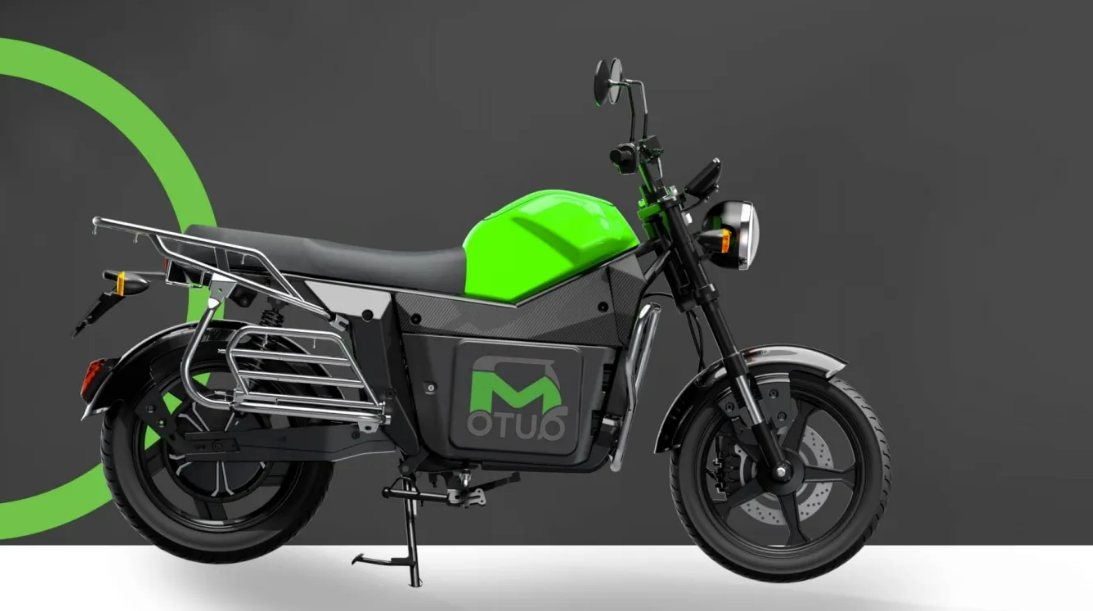Nairobi – July 2025 – Nairobi-based electric mobility startup Spiro, which develops lightweight electric motorbikes and enables battery-swap infrastructure, has now raised more than $85 million in capital. With operations spanning six African countries, the company is advancing plans to build assembly plants in Kenya and Nigeria. Spiro’s bold goal: place 2 million electric motorbikes across Africa by 2030, reshaping last-mile transport and logistics.
A Pan-African Footprint and Growing Infrastructure
Since debuting in 2022, Spiro has steadily expanded from Kenya into Uganda, Tanzania, Rwanda, Ghana, and Nigeria. The startup has built a robust network of battery-swapping stations, enabling riders to recharge in minutes—a model designed to outperform slow, unreliable pay-per-charge systems and tackle range anxiety in sub-Saharan cities.
Funding Powering Growth
Spiro’s fundraising journey, now totaling over $85 million, includes backing from global impact funds and mobility-focused investors. Recent investments have raised funds to support regional infrastructure development and factory construction in Nairobi and Lagos.
These efforts are aligned with Africa’s push toward clean mobility—spurred by urban air quality concerns, rising fuel costs, and regulatory shifts favoring EV adoption.
Building Factories to Meet Demand
The planned manufacturing facilities in Kenya and Nigeria will focus on motorbike assembly and battery-pack production, reducing reliance on imports and cutting costs. On-site production also paves the way for local employment and technical skills development in renewable energy and EV manufacturing.
By localizing operations, Spiro can accelerate rollout timelines and ensure long-term reliability and service support for its growing user base.
Aiming for 2 Million E‑bikes: Vision for 2030
Spiro’s target of 2 million electric bikes by 2030 translates to a fleet large enough to serve entire delivery and courier networks, ride-hailing fleets, and individual consumers across major African urban centers.
To reach this milestone, the company plans to:
-
Scale its battery-swap stations in high-density zones
-
Partner with logistics firms, SMEs, and gig-economy platforms
-
Offer leasing and subscription models to make EV adoption more accessible
Why It Matters
Spiro is leveraging electric transport to solve several systemic challenges:
-
Clean air: Substituting emissions-heavy petrol engines in congested cities
-
Affordability: Lower operating costs compared to fuel-based bikes
-
Economic inclusion: British to plug-and-play battery solutions allows riders to stay operational
-
Local growth: Factory builds support regional manufacturing ecosystems
As infrastructure and user uptake scale, the concept could become a blueprint for decarbonizing African urban transport.
Bottom Line
Spiro’s $85 million+ capital haul and rapid rollout of factories and EV services signal a transformative step in African e-mobility. With a clear path to mass adoption—including factory construction, battery networks, and fleet partnerships—Spiro is poised to lead a continent-wide shift toward low-emission, efficient last-mile transport.

